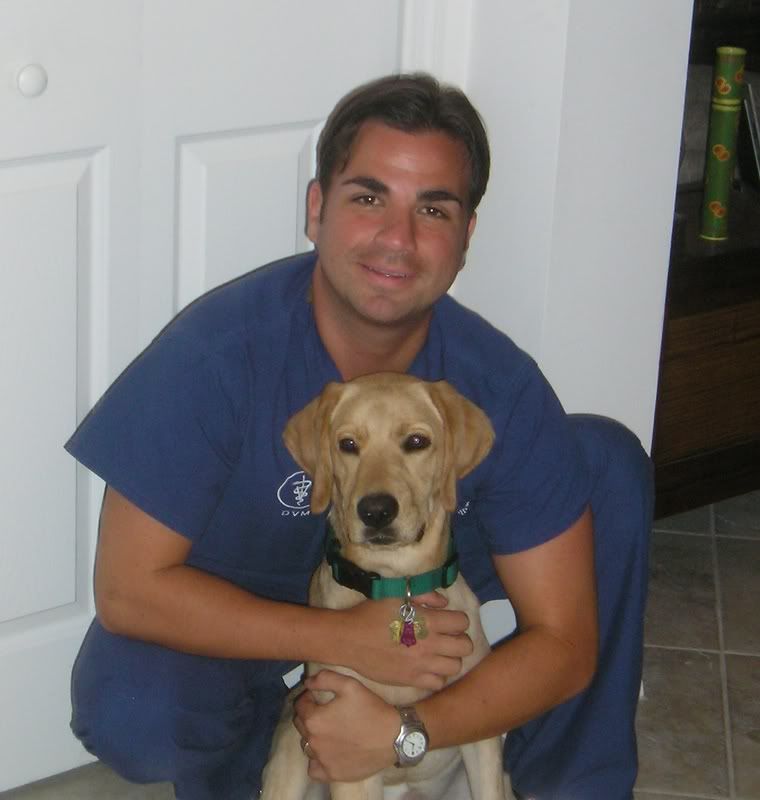Listen to internet radio with Roger Welton DVM on Blog Talk Radio
Airs Friday, June 1, 2012, 9PM EST. Listen to this podcast directly from my show page by CLICKING HERE
Dear Listeners, Viewers, and Readers:
Tonight, I will be revising my top 10 list of
canine and feline myths with a different twist…I will put both dog and cat
medical myths lumped into one top 10 list.
This will save air time in presenting both species in one episode, but
will also allow be to prevent redundancy for myths that both dogs and cats
share in common.
My top 10 lists are based on feedback I get
from clients and colleagues throughout the year, making each new one unique as
it reflects a new year’s misinformation.
There are likely to be some repeats as some myths refuse to die, but
there will be several new ones as well.
In order to prepare you for this episode, here are the myths I will be
debunking tonight:
1.)
Cancerous tumors in dogs and cats
spread faster once they are exposed to air.
2.)
Spay should be delayed until a pet
has one or two heats so that they can experience the hormones to develop
properly mentally and physically.
3.)
It does not matter where I get my
pet spayed or neutered…I mean, it’s just spays and neuters, right? No big deal.
4.)
It does not matter where I get my
pets’ shots…I mean, it’s just shots, right?
5.)
Garlic and brewers yeast are
effective flea preventives.
6.)
My dog does not need heartworm
preventive because he is primarily an indoor dog.
7.)
Grains are the root of most
disease in dogs and cats.
8.)
My dog destroys things out of
anger or spite when I leave the home
9.)
My pet will get fat if I
spay/neuter him/her because these procedures slow the metabolism.
10.)
Human grade omega-3-fatty acid and joint health supplements are okay to use on my pets.
As always, I invite you to post comments right
here at the blog or submit e-mail comments/questions to be addressed by me on
the air, by sending them to comments@web-dvm.net.
Thank you as always for caring about what I
have to say!
Roger Welton, DVM
Dr. Roger Welton is the President and chief
veterinarian at Maybeck Animal Hospital in West Melbourne Florida, as well as
CEO of the veterinary advice and health management website Web-DVM.net.



